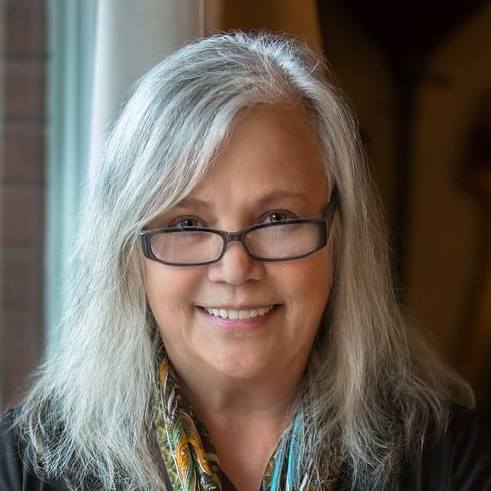 Can you tell us little bit about yourself?
Can you tell us little bit about yourself?
Having grown up in Salt Lake City, Utah, in pretty abject poverty, being known as the white trash in the neighborhood and being treated accordingly, it was kind of tough. When you are in a situation like that, growing up in such circumstance can be difficult.
However, I also think that growing up in such circumstance can be very empowering and emboldening later on, if nurtured in the appropriate way. And that’s exactly what happened in my experience with incredible nurturing, especially from social workers.
I was one of those late bloomers when I went back to finish my graduate work. Well, my undergraduate work as well as my graduate work. I completed an undergraduate in sociology, my master’s and PhD in social work.
My “specialization” is in global social work. I’ve lived around the country in different areas and actually did my dissertation in Ghana creating a field education module for an undergraduate social work program. I realized that field education is my passion when it comes to social work.
Why did you choose to become a social worker?
Well really, the deal is, at least for me, I didn’t choose it. It chose me.
I chose to become a social worker, again, because my life was so impacted. Here’s just a quick little story of being that child in poverty. We used to have to go prove ourselves worthy down at the welfare office so that we could receive assistance. We had to present ourselves so that the social workers could say, “Yeah, you’re worthy” and make sure we had food.
One time, there was a social worker in her office that we went to visit, and I’m sitting there with my head down, because it’s very embarrassing as a child and you already know that you’re not worth much. But on her wall she had a picture, a piece of artwork that I had done the last time I was there.
As a little child, I remember just feeling so proud that she felt I was worth having this picture on the wall. And it brought a shift in my experience. Unbeknownst to me, this woman from a distance followed me throughout my life. And years later when I graduated high school, which many figured I wouldn’t do because of our situation, she sent me a beautiful card letting me know that she had been following me from afar and cheering me on.
And those types of interventions, for short periods of time or for long periods of time, especially in the realm of social work, we can make such a difference, not only in the lives of others but in our own life as well.
What is the best thing about being a social worker?
The best thing about being a social worker is the opportunity to see folks who have overcome insurmountable odds much of the time. I am always in awe of such things. And it’s just such a humble experience to have just a little piece of helping folks realize their potential and being able to then go on and achieve what they desire.
“The best thing about being a social worker is the opportunity to see folks who have overcome insurmountable odds much of the time. I am always in awe of such things.”
I just really appreciate being able to do such a thing. To help out where I can and always, always, always being a reminder to the folks we work with that they’re the ones who do the hard work, not us. And being able to honor that experience and help them, share resources, etc., that will help them. But for us to stay out of the way and allow people to develop and grow. And by staying out of the way, what I basically mean is we don’t get to take credit for the hard work of others.
We will cheer, we will encourage, we will set important examples so that others can move forward and have incredible lives as well.
What is one piece of advice you’d give to aspiring social workers?
One piece of advice I would give aspiring social workers is the absolute need for self-care. You cannot do this work without being able to ensure that you are living your life in a fashion that permits you to take care of yourself. This profession can be very overwhelming. It can be very taxing.
We see the worst and the best of humanity, and not that we’re always perfect at it, but it’s just so incredibly important to take time for ourselves because we also have to be able to teach that to others. And if we’re not practicing it, it becomes evident.
And we see that in instances where folks sometimes choose to leave their profession because they just feel overwhelmed. I would suggest if you will take time for yourself, if you will take time to just be, that you will be successful.
I tell my students, “One of the best forms of self-care is time management.” Because then you have freedom if you can manage what you have to do, right?
“We see the worst and the best of humanity and not that we’re always perfect at it, but it’s just so incredibly important to take time for ourselves, because we also have to be able to teach that to others. And if we’re not practicing it, it becomes evident.”
